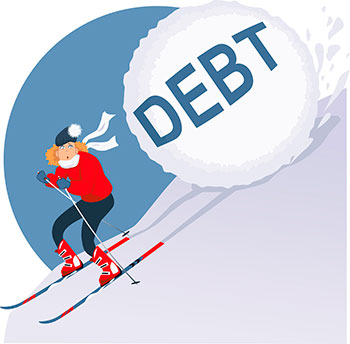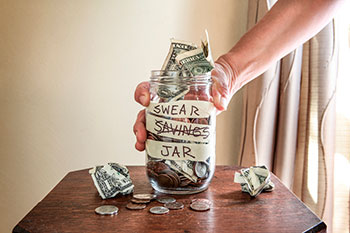
We all know that it's wise to put away money for the future, but not everyone knows what happens after retirement comes. So, how does a 401k work when you retire? The answer isn't so simple. Depending on your age and financial needs, you might spend your retirement funds a little differently than your coworker or neighbor. From qualified distributions to 401k rollovers, we'll let you know all the ins and outs of your 401k retirement plan so you can make the best decisions possible about your future.
Qualified Distributions
Qualified distributions are the most traditional way to withdraw money from your retirement fund, but you have to meet certain criteria to get this penalty-free funding. You must be over the age of 59.5 in order to avoid the 10 percent early withdrawal fee. Depending on your plan, your money may or may not be subject to income taxes. Traditional 401k funding is taxed, while Roth IRA money is not as long - provided you have had the account for at least five years.
Early Withdrawal
Let's say something comes up unexpectedly and you need to dip into your 401k retirement money early. You're free to do so, but you'll have to pay a fee. Before the age of 55, you'll have to pay a 10 percent early withdrawal fee on your money. Between the ages of 55 and 59.5, you may be able to avoid it. However, you can only withdraw money from the 401k from your previous employer. This does not apply to plans from any other employers in the past.









